Hybrid vehicles do not use standard batteries. Specialized batteries (more commonly known as hybrids) have been designed for these cars to improve their overall performance and mileage!
Since these batteries are from the mainstream versions often seen in common stores, there’s no doubt that they pique many drivers’ interest. How long do hybrid batteries for Toyota, Prius, Lexus, etc., last? Are there tips to extend their lifespan?
Trust our team to address all these issues in this inclusive guide. Keep scrolling.
Types of Hybrid Batteries and Their Differences From Standard Versions
In the simplest term, hybrid batteries are a type of battery used for hybrid cars – whose systems are powered by gasoline engines, electric motors, and internal combustion that use regenerative braking to recapture energy.
Which compartment takes the most responsibility depends on the car’s model and battery: sometimes it’s the motors, other times it’s the engine, and there are even cases where both operate together. Regardless, the ultimate end goal of these batteries is to ensure less burnt gas and improved fuel economy.
1. Types of Hybrid Batteries
As far as we know, three types of hybrid batteries are available to pair with three kinds of hybrid cars:
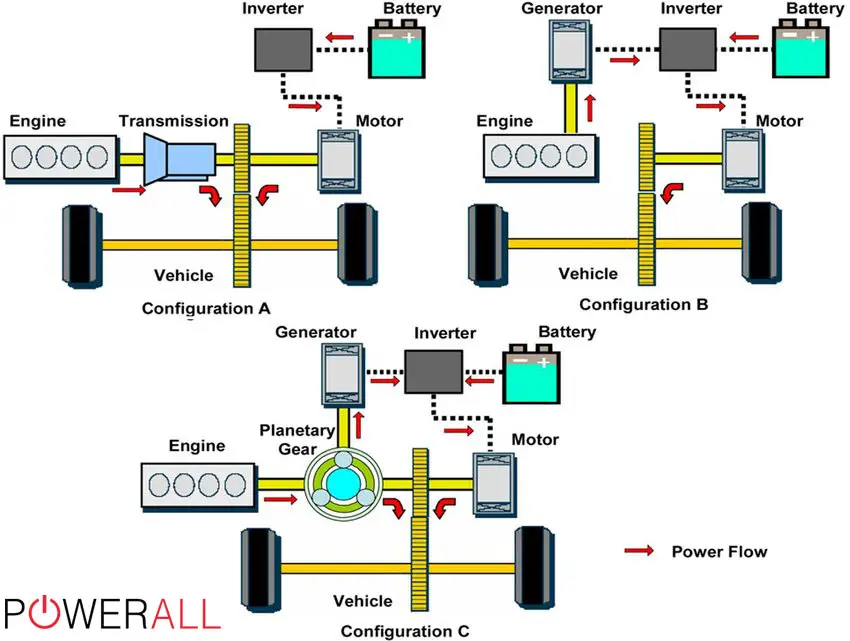
a. Parallel Hybrid
It’s the most common battery on our list – used for parallel hybrid cars that connect the gasoline engine and electric motor with a blending transmission. This transmission might be manual, automatic, or fall under the CVT category (continuously variable transmissions).
b. Series Hybrid
As its name suggests, series hybrid batteries work for series hybrid vehicles, where the motor does all the hard work; there’s no mechanical or physical connection between its wheels and engines.
Gasoline engines are sometimes installed for battery recharges. But other than that, cars like these are entirely electric.
c. Plugged Hybrid
Battery packs for plugged hybrids are the largest, which must be recharged to full capacity via external electricity sources (quite similar to electric vehicles). Such impressive energy storage allows extended driving to 55 miles at maximum and significant drops in fuel consumption.
2. How Do They Differ From Standard Batteries?
Of course, one could not expect hybrid and standard batteries to be identical. Aside from their lifespan (an issue that we will return to in later sections), other manufacturing differences are well-noted, such as:
- Taxonomy. Hybrid batteries are packs of separate cells set apart by polymer firms to avoid short circuits. Meanwhile, standard batteries are single housings containing 6-12 cells.
- Environmental Impacts. A reason behind hybrids is their environmental-friendly material (made of nickel metal).
On the other hand, standard vehicles comprise lead acid – a substance known for its hazardous nature. Due to the toxic waste that they add to our environment, standard batteries must be properly recycled.
- Fuel Efficiency. Hybrids take the big win in fuel consumption – all thanks to their high-voltage battery pack. Nickel metal is a good power-boosting substance, allowing hybrid vehicles to waste much less energy than standard cars.
How Long Do Hybrid Car Batteries Last?
Expect lower-end hybrid batteries to last from 80,000 miles to 100,000 miles. Not bad, to be honest! But if you want something better than that, we strongly suggest the following options from famous, higher-end labels:
1. Toyota
Before 2020, Toyota offered a hybrid battery warranty for 100,000 miles (approximately eight years) – a number not that much different from the market average back then. But when 2020 arrived, the brand announced a warranty extension from eight to ten years (a whopping 150,000 miles!)
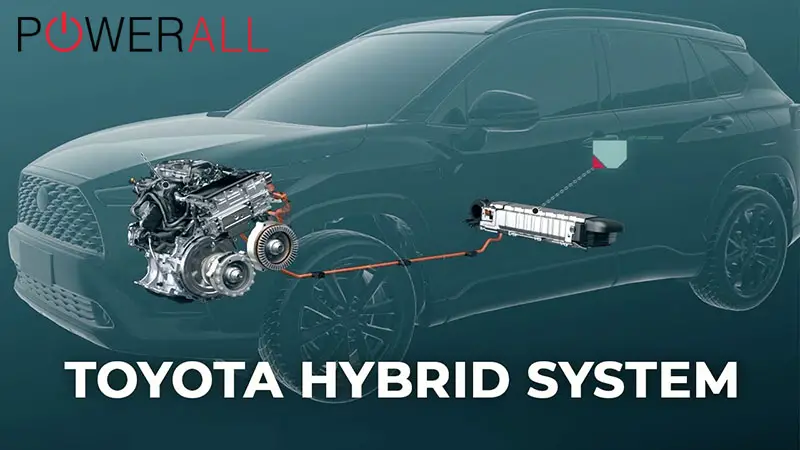
That’s terrific news for Toyota hybrid owners who aim for long and durable performance. Those who initially stayed away from Toyota hybrids for fear of replacing expensive batteries can breathe a sigh of relief, too!
Actual customer reports reveal that the battery’s real-life performance even exceeds Toyota’s estimation, lasting beyond 200,000 miles. Suppose you purchased a 10-year hybrid instead of a brand-new car; it still had 100,000 miles left even in that case! Impressive, isn’t it?
So, all in all, be confident that these batteries will last throughout the rest of your car’s lifespan.
Curious about the secret behind the Toyota hybrid’s exceptional lifespan? It’s simple: the battery pack features premium nickel-metal hydrides – coupled with computer systems and charge controllers to ensure the charge never stoops below 20% or exceeds 80%.
Such an inclusive design dramatically improves the battery’s management control and cycle life, leading to a better lifespan!
2. Lexus
Like their Toyota counterparts, Lexus batteries are also expected to last as long as the vehicle itself. The general estimation falls between 100,000 and 200,000 miles, making it a great choice for customers who prioritize longevity.
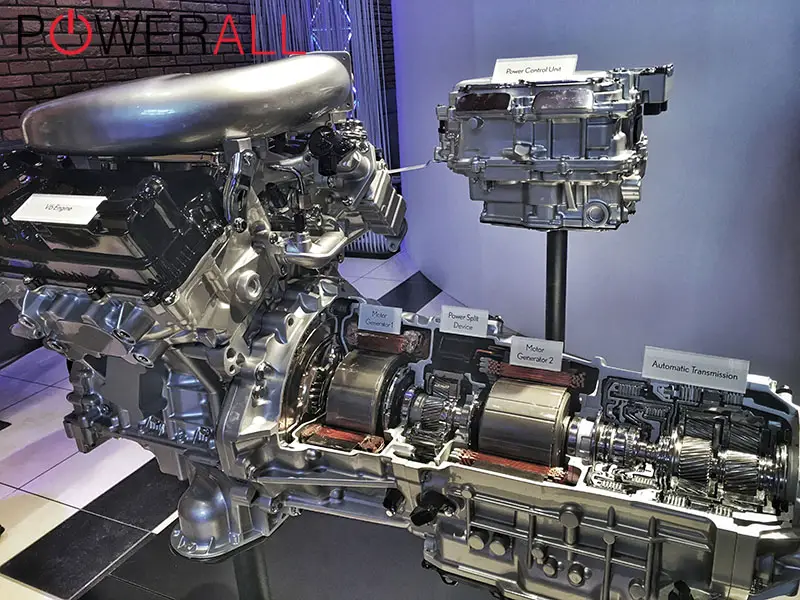
The brand even offers warranty coverage for both the battery and the car itself:
- Lexus hybrid batteries: 150,000 miles or ten years (whichever arrives first)
- Lexus hybrid vehicles: 100,000 miles or eight years (whichever arrives first). The warranty includes voltage sensors (battery control modules), power management, and converters.
Still, remember this is just our rough guess based on the car’s quality and varied customer feedback. Pinpointing an exact time frame is difficult due to the different driving conditions, maintenance methods, and breaking techniques these batteries are subjected to.
3. Kia
Another terrific option for quality-valuing drivers, these Kia hybrids can last 200,000 miles (sometimes even longer). Even if they break down before that benchmark, replacements should not cost you beyond 4000$!
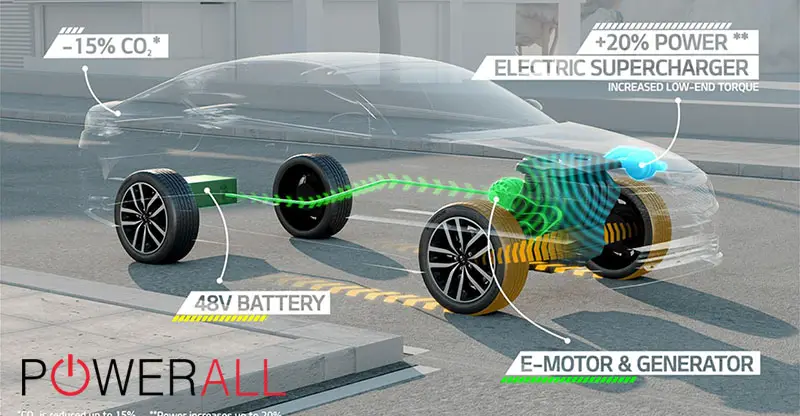
One important thing to remember: Kia hybrid cars from the same line indeed adopt the same battery types (ex: all Kia Optima models run on 270V, 1.62 kWh lithium-polymer batteries). However, their casings change over the years, so do not use these batteries interchangeably – unless you want to cut half their lifespan!
What Factors Affect The Lifespan of A Hybrid Battery?
Though hybrid batteries are several levels above standard versions in terms of performance, they are subjected to the same influencing factors nonetheless.
One such factor is the climate condition where it’s stored and driven. Extreme cold or heat can dampen their lifespan to an unimaginable extent.
Another aspect to keep your eye on is the battery’s mileage (obviously!). In short, the farther and longer you drive your car, the closer its battery will reach its endpoint.
And you’re not innocent of the battery’s premature death. Your bad driving habits are a silent killer, including:
- Take too short drives (less-than-5-minute trips)
- Let the car sit for too long (more than 1 month)
- Not shut off all the electrical accessories before turning off the engine or switching them on before cranking up the car
- Keep plugging other electronic devices via the USB charger while the car is off or idling.
- Park the car under the scorching sun for too long (which heats up the battery and messes up its chemical composition)
- Lack of maintenance (cleaning, examining the voltage, and scheduling checkups at repair shops)
Every battery has a cycle limit, after all – even quality ones from Toyota, Lexus, or Kia! What you can do is to sidestep all the bad habits and keep a routine maintenance schedule.
What Are Signals of Dying Hybrid Batteries? A Full List
1. Poor Fuel Economy
Does the car’s gas mileage stoop lower than its recommended levels? The possibility of dying hybrid batteries is pretty high. How so?
The main purpose of these batteries is to offer fuel and energy. So once they start dying, the vehicle will use combustion gas engines as its primary power source instead, which drastically dampens the fuel economy.
2. Fluctuations in The Charge State
Observe your car and answer these questions:
- Does its display show erratic charges?
- Does it show 100% full charge in one moment and extremely low-charge levels in another?
If “Yes” is your answer to both inquiries, the battery is clearly failing.
3. Batteries Not Holding Charges
Have you left the car charged throughout the night – only to come back and see low batteries the next morning? It’s a sure sign that your hybrid batteries need some diagnostic attention.
4. Overworking Internal Combustion
A combustion system running more frequently than it’s supposed to – and kicking in at unexpected moments – indicates huge troubles. Time to schedule a thorough battery checkup!
5. Strange Noises From The Engine
Batteries running too hot will alarm the internal electric fan, which must operate at high speeds to cool the system down. Other nearby components might have been damaged; have them inspected by service technicians!
6. Flickering Dashboard Lights
The flickering warning light (sometimes paired with a red triangle icon in some hybrid models) is screaming at you to purchase new batteries. Ignore this death signal, and you will regret it later on!
How to Protect Your Hybrid Vehicle Battery and Extend Its Lifespan
- Park your hybrid car in a neutral-temp garage to avoid both cold and hot temperature extremes (which often lead to hybrid battery failure)
- Drive your car once or twice weekly for at least 10 minutes to perform regular battery cycles. This tip is especially crucial for old batteries, whose imbalance risks are much higher than brand-new ones.
FAQs
How Much Does A Hybrid Battery Cost?
Around $1000 to $8000, depending on car models and brands.
Do Hybrid Cars Have Any Disadvantages?
Their off-the-roof price is clearly the biggest drawback. Routine maintenance and upgrades at service centers also cost a fortune!
Conclusion
Our hybrid battery guides have discussed their lifespans, malfunctioning symptoms, and fix tips in great detail. Keep them in mind to ensure optimal performance for years to come, and feel free to write to us for more help!

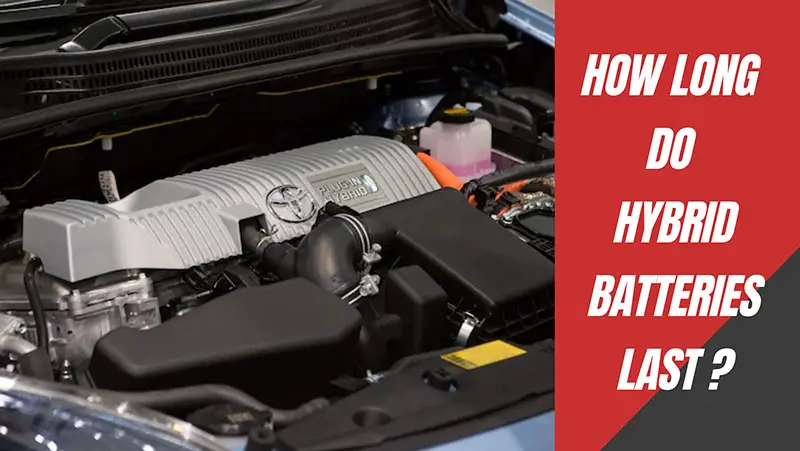

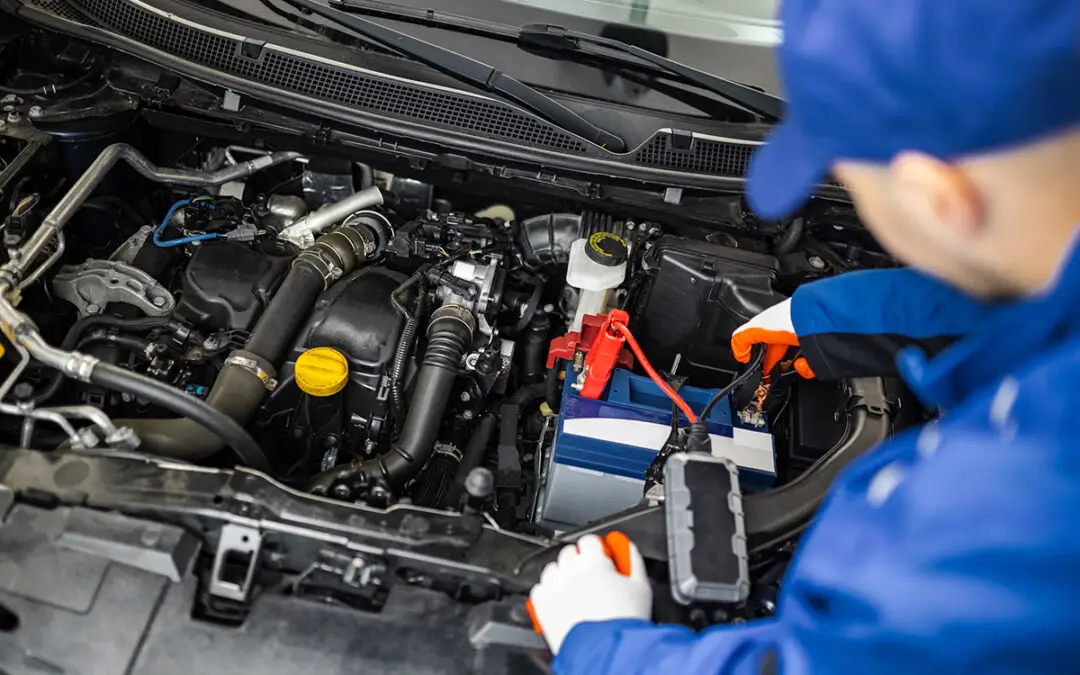
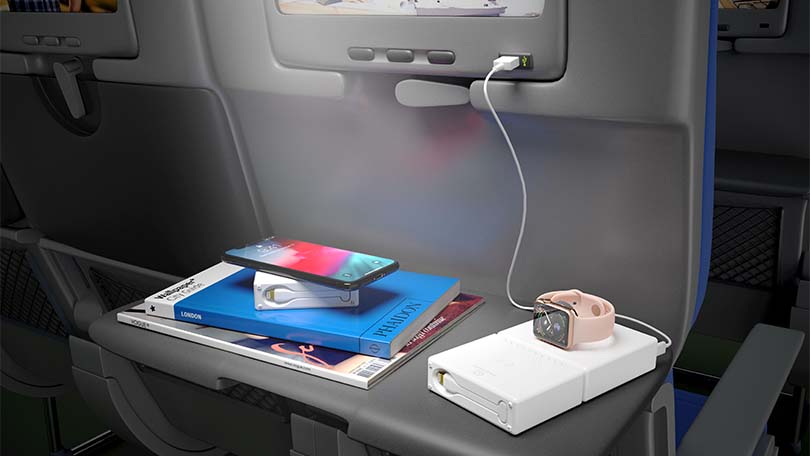
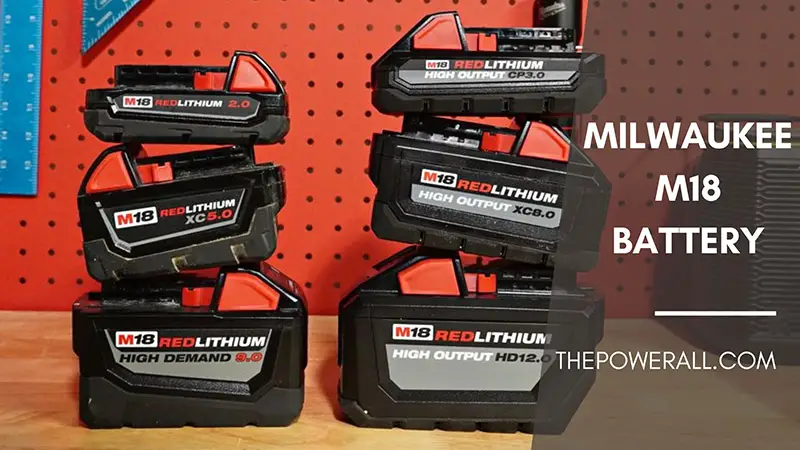


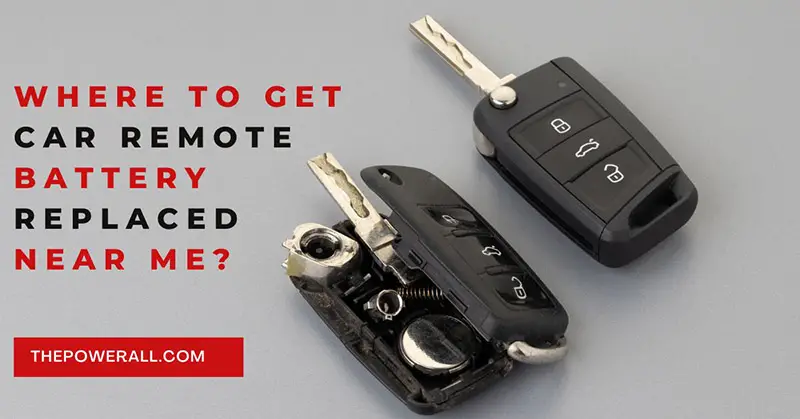
0 Comments